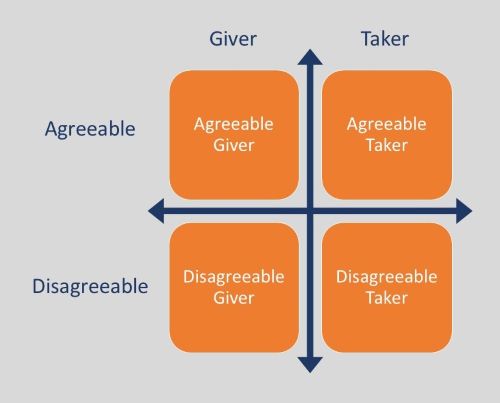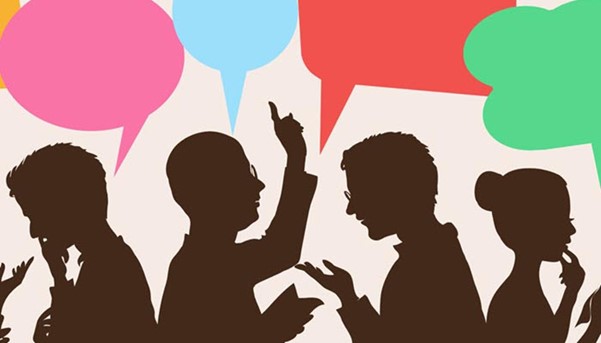Have you ever regretted passing up on an opportunity simply because an idea or opinion differed from your own? I know I have!
Adam Grant, author of bestselling book ‘Think Again’ suggests we need to be much more open to reconsidering ideas or as Adam puts it, we need to be able to ‘Think Again’ – hence the title of his book. People don’t like to be wrong and it’s time we realise that being wrong just means that you are closer to the answer than you were before.
Grant believes that our ability to think again is heavily influenced by those around us. Hence, it is critical that we build what he calls our ‘challenge network’. That is a network of people who you seek out to discuss your ideas and decisions with.
People in our network fall into two categories, givers, and takers. Takers are those with the mindset of ‘what can you do for me?’. On the other hand, givers are those who ask, ‘what can I do for you?’ When building a challenge network, it may seem obvious, we want givers, not takers. However, it is easy to get these people confused.
Grant identifies 4 types of people who can make up our challenge networks. One dimension of these people has already been introduced, givers and takers. The other dimension focusses on whether a person is agreeable or not. Agreeable people are described as warm, polite, or friendly whereas disagreeable people are described as more critical and sceptical.
This provides us with four types: disagreeable takers, agreeable takers, disagreeable givers, and agreeable givers.

Disagreeable takers are those who should never be a part of your challenge network. They are abrasive and challenging whilst also not having your best interests at heart. The key is to recognise these people early and avoid going to them for advice.
Secondly, there are agreeable takers. These people should also be avoided in your challenge network. They appear polite and friendly however they may use this to deceive and work towards ulterior goals. These people can be easily mistaken as agreeable givers, so it is important to distinguish their motives.
The next two are the two groups of people which you should be engaging with when trying to think again. Firstly, there are agreeable givers. These are the people who have your best interest at heart who are also your friends. They are warm and you likely feel very comfortable around them. Whilst they can be good people to discuss ideas with there is the possibility that their agreeableness will stop them from saying things which may be useful for you to consider. This can impact your ability to think again as they may say what you want to hear simply to make you feel good.
Finally, we get to those who we all need to be seeking out, disagreeable givers. These are the people who will be happy to challenge your ideas without a large regard to your feelings, but they will be doing this with your best interest at heart. Whilst people may have reservations about coming to disagreeable givers due to their potentially harsh commentary, they provide invaluable feedback and criticisms which are essentially key in supporting you to think again even when you don’t agree with them.
Some of you may be hesitant to willingly go to someone who will be ready to challenge your ideas but remember that these are the most valuable conversations that you can have to determine if you are making the right choices.
What I’m suggesting is that we all need to ask ourselves two questions:
Do I have any disagreeable givers in my challenge network? If not, maybe you need to find some.
Do your disagreeable givers in your network understand how valuable they are to you? If not maybe it’s time to show appreciation to them.
We all need people who will help us to think again. We all need our disagreeable givers.
